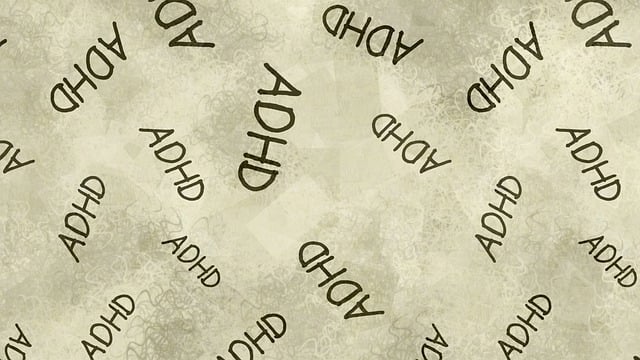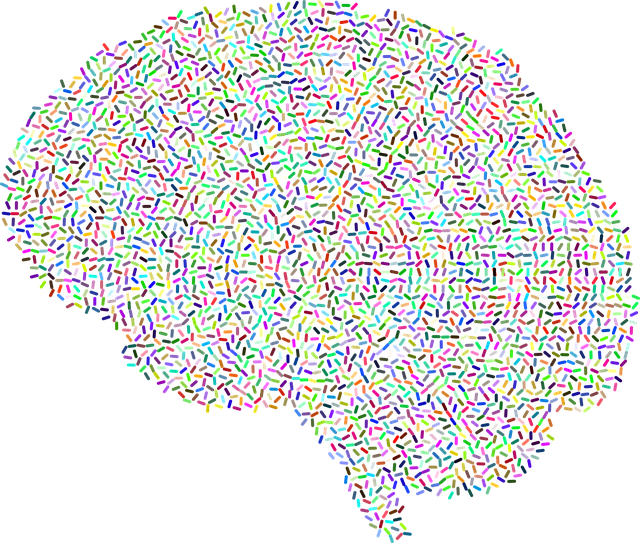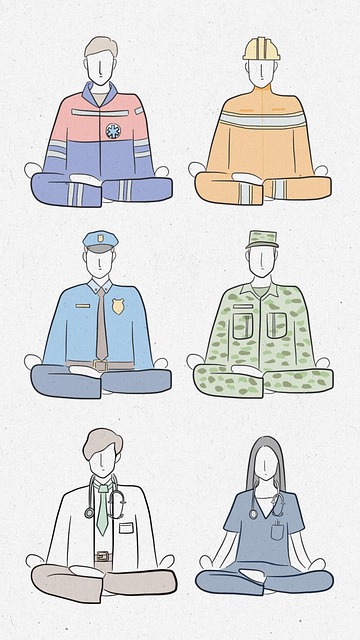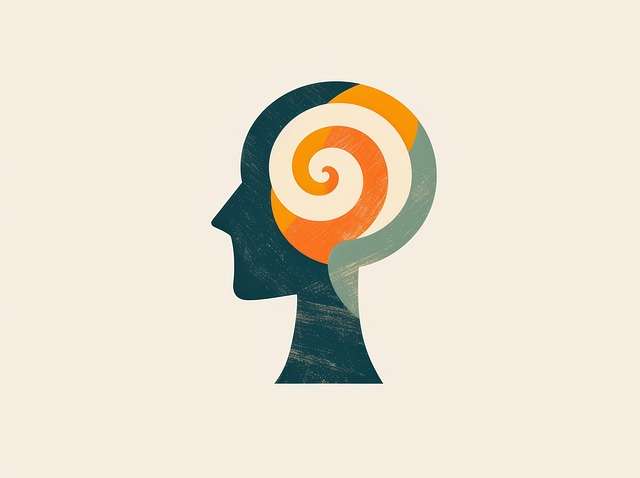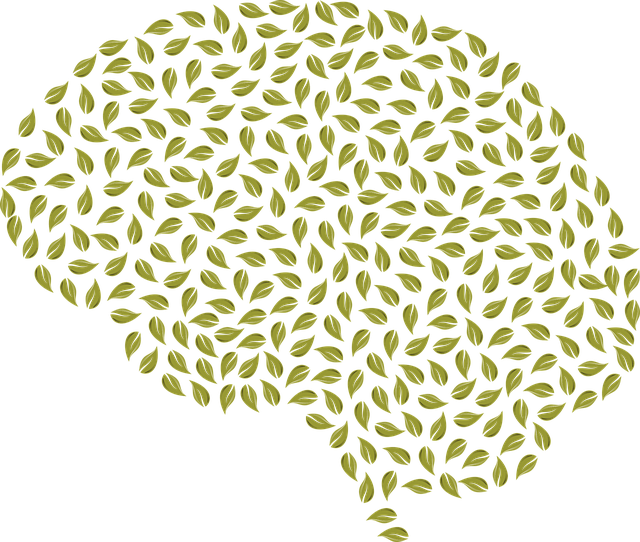Depression, a multifaceted mental health issue, impacts daily life with symptoms like persistent sadness and fatigue. Early intervention is crucial, emphasized by Wheat Ridge Chronic Pain Therapy experts who advocate for recognizing depressive signs to prevent burnout, especially in healthcare providers. Effective strategies include self-care (e.g., exercise, sleep hygiene, nutrition), emotional regulation, Social Skills Training, and therapy like CBT. Building a strong social support network through community involvement and mindfulness practices is key to prevention and well-being. Wheat Ridge Chronic Pain Therapy focuses on holistic mental health through physical activity, meditation, adequate rest, hobbies, and social connections, complementing public awareness campaigns and self-esteem building.
Depression is a prevalent mental health challenge, but it’s one that can be prevented. This article offers a comprehensive guide to strategies designed to safeguard against and manage depression. From recognizing subtle signs and symptoms to adopting lifestyle changes that boost resilience, we explore evidence-based practices. We discuss the impact of therapy, emphasize the power of connection through support networks, and delve into self-care techniques tailored for Wheat Ridge Chronic Pain Therapy patients.
- Understanding Depression: Recognizing Signs and Symptoms
- Lifestyle Changes for Improved Mental Well-being
- The Role of Therapy: Effective Treatments for Depression
- Building a Support Network: Connecting with Others
- Self-Care Practices to Enhance Resilience Against Depression
Understanding Depression: Recognizing Signs and Symptoms

Depression is a complex mental health condition that significantly impacts an individual’s daily functioning and overall well-being. Understanding depression involves recognizing its subtle signs and symptoms, which can vary from person to person. Common indicators include persistent feelings of sadness, loss of interest in activities once enjoyed, changes in appetite and sleep patterns, fatigue, difficulty concentrating, and, in severe cases, thoughts of self-harm or suicide.
In Wheat Ridge Chronic Pain Therapy, healthcare professionals emphasize the importance of early intervention. By recognizing these signs, individuals can seek help before depression becomes a long-term companion. This is especially crucial for healthcare providers who, due to their demanding nature, are at risk of burnout. Implementing effective burnout prevention strategies, such as prioritizing self-care and incorporating emotional regulation techniques, can help maintain mental resilience. Additionally, Social Skills Training has been shown to be beneficial in fostering connections and providing support networks, which are vital for managing depression.
Lifestyle Changes for Improved Mental Well-being

Incorporating lifestyle changes is a powerful strategy for enhancing mental well-being and preventing depression. Regular exercise, for instance, releases endorphins that can boost mood and reduce stress. Simple activities like walking, yoga, or joining a local sports team can significantly improve overall mental health. Additionally, prioritizing sleep hygiene ensures your mind and body have adequate rest, which is crucial for maintaining emotional balance. A consistent sleep schedule, coupled with a relaxing bedtime routine, can do wonders for preventing depressive episodes.
Nutrition also plays a vital role in mental well-being. Incorporating whole foods rich in omega-3 fatty acids, vitamins B and D, and magnesium can support brain health and improve symptoms of depression. On the other hand, reducing sugar intake and limiting processed foods can help stabilize mood. Furthermore, self-esteem improvement through positive self-talk and setting achievable goals, combined with conflict resolution techniques to manage stress, will contribute to a resilient mindset. Coping skills development, such as mindfulness practices or journaling, can also provide valuable tools for navigating life’s challenges without resorting to unhealthy coping mechanisms, especially when seeking Wheat Ridge chronic pain therapy or other mental health support.
The Role of Therapy: Effective Treatments for Depression

Depression is a complex mental health condition that requires professional intervention for effective prevention and management. One of the cornerstones in treating depression is therapy, which offers individuals valuable tools to understand and overcome their symptoms. Various therapeutic approaches have proven successful in combating depression, with each method catering to unique needs. For instance, Cognitive Behavioral Therapy (CBT) focuses on identifying and changing negative thought patterns, a powerful strategy for managing depressive episodes.
Wheat Ridge Chronic Pain Therapy incorporates Mind Over Matter principles to empower individuals in regulating their emotions and adopting healthier coping mechanisms. By teaching emotional regulation skills, this therapy helps clients challenge negative thoughts and develop more adaptive behaviors. Additionally, therapists may utilize techniques from Interpersonal Psychotherapy (IPT), which targets relationship issues and social factors contributing to depression. Given the significant impact of mental health on overall well-being, advocacy for better Mental Health Policy Analysis is crucial in ensuring accessible and effective treatments like these are widely available.
Building a Support Network: Connecting with Others

Building a strong support network is a vital component of depression prevention and overall emotional well-being promotion techniques. Connecting with others can provide a sense of belonging and purpose, which are essential for navigating life’s challenges. Whether it’s joining support groups, engaging in community activities, or simply reaching out to friends and family, these connections can offer a safe space to express emotions, gain different perspectives, and access valuable resources, such as those provided by Wheat Ridge Chronic Pain Therapy.
In the context of Mental Health Policy Analysis and Advocacy, fostering social connections can contribute to reducing stigma and promoting mental health awareness. Conflict resolution techniques, often learned through these interactions, enable individuals to manage stress and disagreements constructively, further enhancing their emotional resilience. By nurturing relationships, individuals can build a support system that encourages open communication, provides comfort, and aids in recognizing and addressing potential depressive symptoms early on.
Self-Care Practices to Enhance Resilience Against Depression

In today’s fast-paced world, self-care practices are essential for maintaining mental health and building resilience against depression. Wheat Ridge Chronic Pain Therapy emphasizes the importance of holistic well-being, integrating physical and emotional components to foster a strong support system. Regular exercise, mindfulness meditation, and adequate sleep are fundamental pillars in this approach, as they help regulate mood and reduce stress levels. Engaging in hobbies, maintaining social connections, and seeking professional support when needed are also crucial strategies for enhancing resilience.
Public awareness campaigns development and mental health education programs design can play a significant role in promoting these self-care practices on a larger scale. By educating folks on recognizing the signs of depression and providing accessible resources, such as counseling services or community support groups, we can foster an environment that prioritizes mental well-being. Additionally, improving self-esteem through positive self-talk, setting achievable goals, and practicing gratitude can serve as powerful tools in preventing depressive episodes, complementing the expertise offered by Wheat Ridge Chronic Pain Therapy specialists.
Preventing depression is a multifaceted approach that combines understanding, proactive lifestyle changes, and building a supportive network. By recognizing signs early, adopting self-care practices, and seeking professional therapy when needed, individuals can enhance their mental resilience and overall well-being. Incorporating strategies like those offered by Wheat Ridge Chronic Pain Therapy can provide valuable tools for navigating depression and fostering a healthier, happier life.



